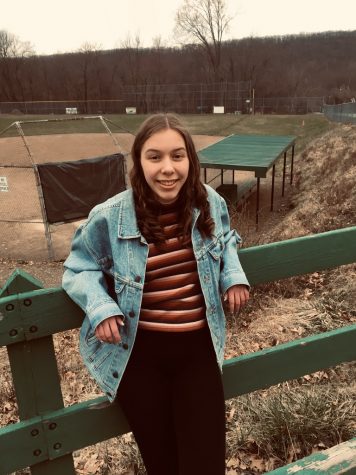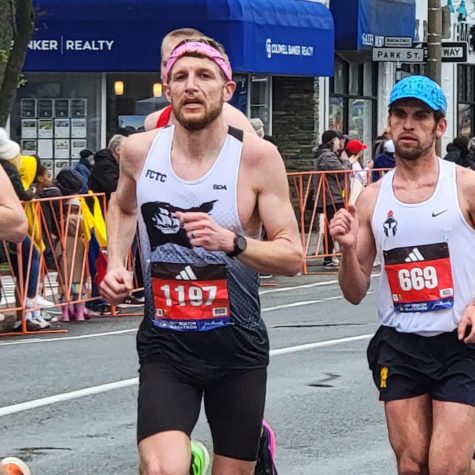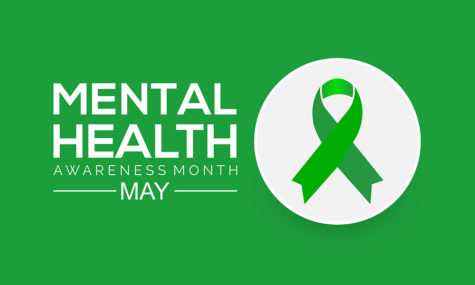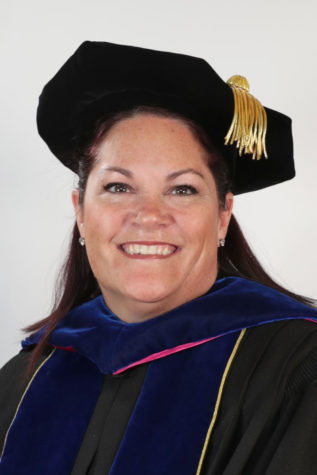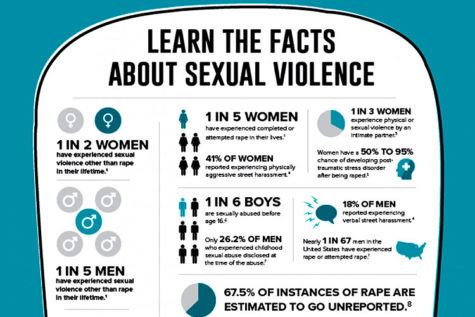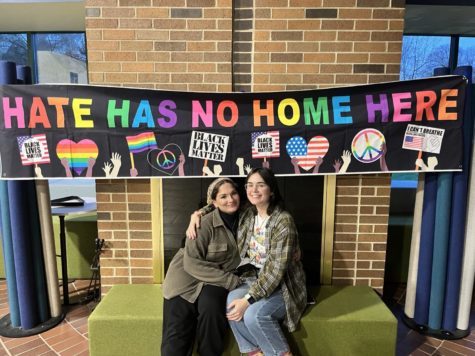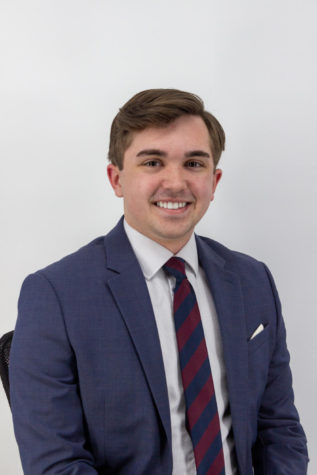Guest speakers discuss local substance abuse
October 28, 2020
Substance abuse is prevalent in our world today, and many people suffer from it.
The impact it has on people and families all over the world can be devastating. The Mercyhurst Social Work Department is partnering with different organizations to educate families about the effects of substance abuse, as part of a program titled #RecoveryIsBeau-tifulNWPA.
The organizations include the Hamot Health Foundation, Venango County Human Ser-vices, Crawford County Drug & Alcohol Executive Commission, UPMC Western Behavioral Health, and the Pennsylvania Department of Drug and Alcohol Programs.
“This project is supported by special funding through PA’s Department of Drug and Alcohol Programs as a result of the opioid epidemic. Like many communities, Erie County, Crawford County, and Venango County experienced significant impacts due to the opioid epidemic. These include things like increased referrals to child protective services and children unable to live safely at home, neonatal abstinence syndrome, and overdose deaths. However, these issues also contribute to challenges for first responders and things like an economic impact when individuals are unable to work due to the substance use disorder struggle they face,” Dr. Mandy Fauble, executive director of UMPC Western Behavioral Health, said.
The website describes its mission as a recovery program.
“Through funding from the Pennsylvania Department of Drug and Alcohol Programs (DDAP), our grant project provides recovery support services to women with opioid use disorder (OUD) and their families in Erie, Crawford and Venango Counties. We also encourage women and their families who have been impacted by any substance use disorder to participate in our programs. Services offer individuals and families more opportunities to enter and maintain recovery,” Fauble said.
There will be virtual training sessions that will include different speakers within the coming month.
Oct. 21 was the first session, and it talked about care and interventions for substance-ex-posed newborns. The next session will be on Nov. 4, which will be about being aware of our language and implicit biases in the context of medication-assisted treatment. After that, Nov. 18 is the next session, covering the management of infectious disease comorbidities in women with substance use disorders. Dec. 16 is the final virtual training session, and that will talk about stigma and creating welcoming environments.
All sessions will be held from 12-1 p.m.
The speakers at these meetings are Greg Barretto, MD, Gisella Muniz Pujalt, MD, Mandy Fauble, Ph.D., LCSW, Jason Snyder, Regional Director of Strategic Partnerships, Pinnacle Treatment Centers, Catherine Chappell, MD and Amy Shanahan, MS, CADC. Each will be in the form of a Microsoft Teams meeting.
Within #RecoveryIsBeautiful-NWPA are recovery support networks, life skills groups, support groups for families, sober social events, transportation assistance, virtual connections, and other resources. Descriptions of each of these services can be found on their website. There will also be different events hosted by #RecoveryIs-BeautifulNWPA, including a family movie night and a Halloween party.
“Mercyhurst got involved as Dr. Fauble, who teaches courses for the Applied Sociology and Social Work Department in addition to her executive director position with UMPC, is continually reaching out to collaborate whenever possible. These sessions provided an ideal opportunity as they are of critical importance, and fit the criteria for continuing education credits which the Social Work Program is approved to provide,” Laura Lewis, Ph.D., Social Work Department chair, said.
People must be educated on this subject matter, as substance use has been stigmatized for a long time. It is not always easy to know what someone may be going through, but a little understanding can go a long way.
Fauble added that substance abuse has a pervasive and long-term impact. “Substance use disorder has a multigenerational impact. When children and families receive support early, we can truly make a difference that lasts across lifetimes. Women served in our programs have had success with recovery, finding jobs, reconciling with families, and reuniting with children, living independently, and creating healthy relationships.”

